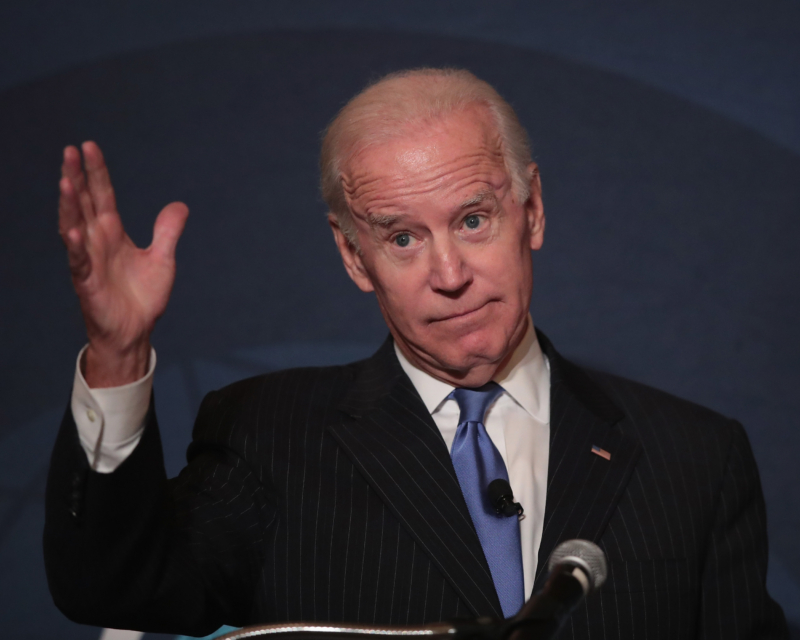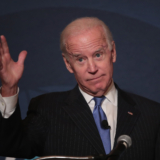Military Experts Criticize Biden Administration’s Iran Deal on 9/11 Anniversary
The Biden administration’s recent deal with Iran is facing criticism from two prominent military experts, Retired General Keith Kellogg and former Trump National Security Adviser Robert O’Brien. The agreement, which includes the release of American detainees in exchange for frozen Iranian assets, has raised concerns about its timing and implications.
During an appearance on “Mornings with Maria,” Gen. Kellogg expressed his reservations about the deal, emphasizing that Iran is not a friend of the West. He particularly highlighted the timing of the announcement, which fell on the 22nd anniversary of the September 11th terrorist attacks.
“It’s not good when you look at the deal,” Gen. Kellogg remarked. “And the timing was terrible when it was really announced yesterday on the 22nd anniversary of 9/11. And people need to understand that Iran is not a friend of the West at all.”
Former National Security Adviser Robert O’Brien echoed these concerns, describing the deal as sending the wrong message to America’s adversaries and showing weakness on the part of the United States.
“To give them access to $6 billion on 9/11 just doesn’t make any sense at all,” O’Brien stated. “It sends the wrong message to our adversaries. It shows American weakness, and it creates a market for new hostage-taking.”
Under the terms of the agreement, Iran will release five American citizens who had been detained in the country, while the United States will release five Iranian citizens held within its borders. Additionally, the deal provides a waiver to transfer $6 billion in frozen Iranian funds from South Korea to Qatar without violating U.S. sanctions. It’s important to note that no U.S. taxpayer funds are being used, and the money is not being directly provided to Iran.
General Kellogg raised concerns about the ultimate destination of these funds, suggesting that they could find their way into the hands of terrorist organizations like Hezbollah, rather than being used for humanitarian efforts, as President Biden had suggested.
“This is not good,” Gen. Kellogg added. “And then when you look at the outreach they’ve got to terrorist organizations like Hezbollah, that’s where that money is going. President Biden said, ‘well, the money’s going to go to humanitarian efforts.’ No, it’s not. Anybody in their right mind knows exactly where it’s going to go.”
O’Brien, who previously served as the hostage negotiator for the United States, expressed relief that the American detainees were being released but cautioned against the potential consequences of providing such a significant sum to Iran.
“But giving the Iranians $6 billion to then invest that in their nuclear program, their ballistic missile program, and their terrorist proxies,” O’Brien noted, “whether it’s Hezbollah in Iraq or Lebanon or Hamas in Gaza or the Houthis in Yemen, is a bad idea.”
Secretary of State Antony Blinken signed off on the deal last week, though Congress was not notified of the decision until Monday, coinciding with the 22nd anniversary of the September 11th attacks.
O’Brien raised a concerning point about the potential future market for American hostages that could emerge as a result of this deal. He expressed concern that paying ransoms and providing large sums of money for hostages might inadvertently encourage the kidnapping of more Americans abroad.
“The concern you have when you start paying ransoms and giving this kind of money for hostages is, you relieve the suffering of the current hostages and their families, but you create a future market for more Americans to be taken overseas, and you’re just passing the misery on to future Americans who will be taken hostage because of these poor decisions,” O’Brien concluded.
The National Security Agency has not yet provided a response to Fox News Digital’s request for comment on the matter.






